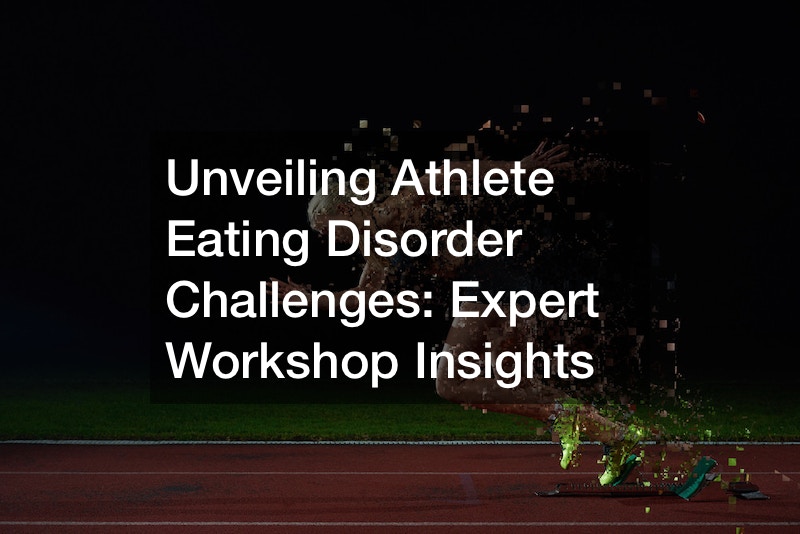Unveiling Athlete Eating Disorder Challenges Expert Workshop Insights

Athlete Eating Disorders present a complex challenge affecting sports enthusiasts. It encompasses various conditions, including anorexia, bulimia, and orthorexia. Athletes, due to the nature of their profession, are susceptible to disordered eating patterns influenced by performance pressures, body image concerns, and the demands of the sport.
These disorders often manifest through obsessive behaviors related to diet, exercise, or body image. Athletes might adhere to strict dietary regimes, exercise excessively, or even face unhealthy preoccupations with body weight or shape.
Contrary to stereotypes, these disorders can affect athletes in any sport, gender, or age group.
It’s essential to recognize signs such as increased focus on body appearance, extreme changes in eating habits, or withdrawal from social interactions. Understanding that athletes may strive to meet performance standards while facing internal struggles is crucial in offering support.
Expert workshops and programs, such as those held by the Eating Disorder Foundation, aim to educate athletes, coaches, and support staff about recognizing, addressing, and treating these disorders. Early intervention, compassionate guidance, and tailored treatment plans are vital for an athlete’s holistic recovery.
Remember, seeking professional help and offering non-judgmental support is crucial in the journey towards recovery for athletes dealing with eating disorders.
.

